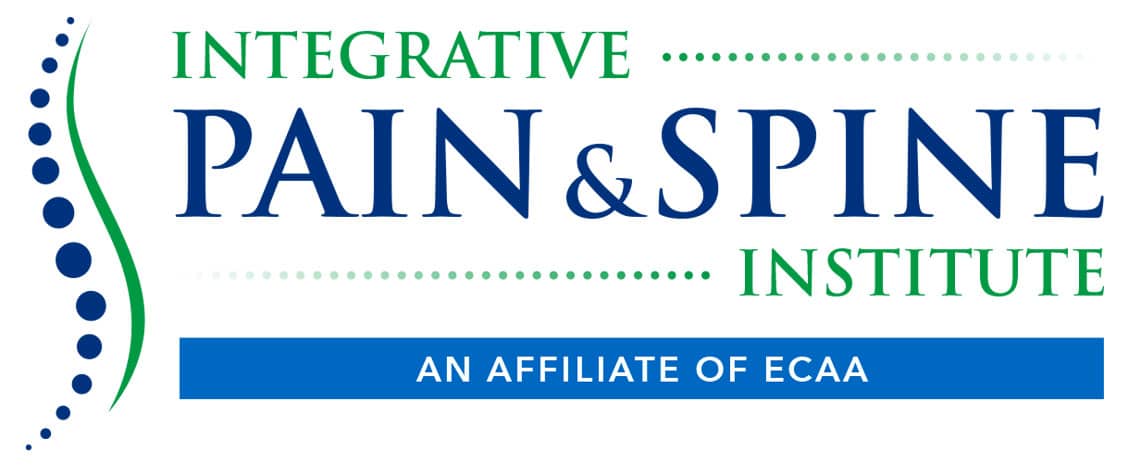A celiac plexus procedure, also known as a celiac plexus block, is a minimally invasive medical intervention used primarily to manage chronic abdominal pain. In fact, 73% of patients reported significant immediate pain relief for chronic pain secondary to pancreatic cancer. Pain relief is achieved by targeting the root cause of the pain at the celiac plexus. The celiac plexus is a network of nerves located near the upper abdomen, around the base of the aorta and behind the stomach. These nerves transmit pain signals from the abdominal organs to the brain.
Who is a Candidate for a Celiac Plexus Block?
Patients with chronic abdominal pain secondary to the following conditions below may benefit from a celiac plexus block.
- Pancreatic Cancer
- Chronic Pancreatitis
- Crohn’s Disease
- Cholangiocarcinoma
- Inflammatory Bowel Disease
How is a Celiac Plexus Block Performed?
This is a minimally invasive procedure that is performed in less than an hour by Dr. Manvar in the office.
If a Celiac Plexus Block is right for you, here’s what to expect:
- We assist you into getting into standard position of lying on your stomach.
- Dr. Manvar uses local anesthetic to numb an area of skin on your back.
- With the help of X-ray imaging, thin needles are precisely placed into your back.
- A special dye is injected to make sure we have pinpointed the correct area within your celiac plexus.
- Upon successful injection, Dr. Manvar injects pain medication to block the nerves from carrying pain signals to your abdomen.
The onset of pain relief and how long it lasts for patients is variable from person to person. Some individuals report pain relief for days or weeks while others report it lasts for years. The underlying condition, overall health status, and anatomy all impact longevity of pain relief.
What are the Risks and Side Effects of a Celiac Plexus Block?
A celiac plexus block is relatively safe for most patients, but there may be soreness or bruising at the injection site. Low blood pressure or diarrhea may also occur. More serious complications, although uncommon, may include:
– Low blood pressure
– Diarrhea
– Pneumothorax (Collapsed Lung)
– Transient increase in abdominal pain
– Infection or bleeding (rare)
The procedure can be highly effective in reducing pain and improving the quality of life in patients with severe abdominal pain. If you or you know someone who could benefit from a celiac plexus block or want to consider other nerve block options for pain control, call our office today at (704) 317-1440 for an evaluation by Dr. Manvar!


